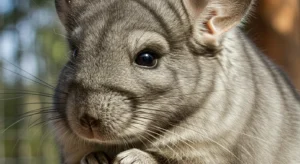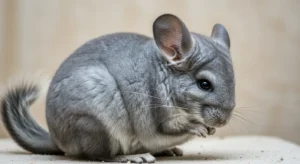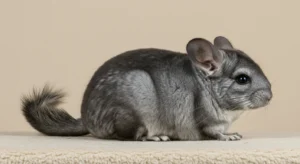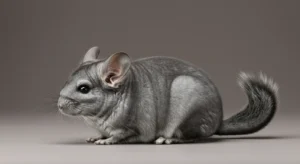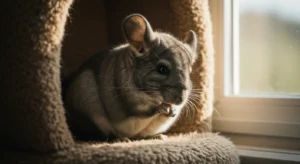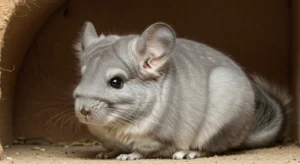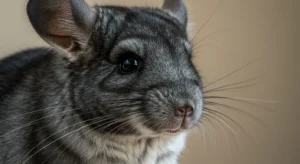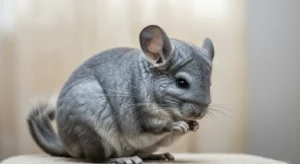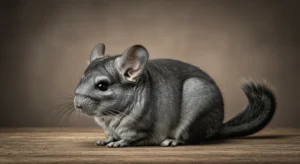Chinchilla Nutrition: Supplements and Vitamins
Ensuring your chinchilla receives المناسبة nutrition is vital for their health, longevity, and well-being. The foundation of their diet should always be high-quality hay and a limited amount of appropriate pellets. However, owners sometimes wonder if additional supplements or vitamins are necessary or beneficial. In almost all cases, for a healthy adult chinchilla on a proper diet, extra supplementation is unnecessary and can even be harmful.
Core Diet Recap: Hay & Pellets
Let’s briefly revisit the ideal chinchilla diet:
- Unlimited Grass Hay (80-90%): Timothy, orchard grass, etc. Provides essential fiber for digestion and dental wear.
- Limited Quality Pellets (10-15%): 1-2 tablespoons daily of plain, hay-based pellets (Timothy for adults). Pellets are formulated to provide the necessary vitamins and minerals to complement the hay.
- Fresh Water: Always available.
- Minimal Treats (<5%): Tiny amounts of safe options very infrequently.
A chinchilla consuming adequate amounts of high-quality hay and a reputable brand of chinchilla pellets should be getting all the nutrients they need.
Do Healthy Chinchillas Need Supplements?
For a typical, healthy adult chinchilla eating the correct diet as described above: No, routine supplementation is generally not required or recommended. Commercial chinchilla pellets are specifically formulated to meet their nutritional requirements when fed alongside ample hay.
Adding extra vitamins or minerals to an already balanced diet can easily lead to oversupplementation, causing serious health problems. Always consult an exotic-savvy veterinarian before giving your chinchilla any supplements. Understanding the basics of balanced chinchilla food composition is key.
Calcium and Vitamin D
These are crucial for bone health and preventing dental problems. Good quality pellets should contain appropriate levels. Hay, especially alfalfa (which is high in calcium and usually reserved for growing kits or pregnant/nursing females), also contributes.
- Risks of Excess Calcium: Can lead to bladder stones or sludge, which are painful and dangerous.
- Supplementation: Calcium supplements (like cuttlebone or calcium blocks) are generally unnecessary and potentially harmful for healthy adults on a good diet. They should only be used under veterinary direction for specific conditions (e.g., diagnosed deficiency, pregnancy).
Vitamin C
Unlike guinea pigs, chinchillas can synthesize their own Vitamin C and do not typically require dietary supplementation. High-quality pellets contain sufficient amounts.
- Risks of Excess Vitamin C: While water-soluble (excess excreted), extremely high levels could potentially contribute to bladder issues in susceptible animals.
- Supplementation: Not necessary unless recommended by a vet for a specific health condition (which is rare).
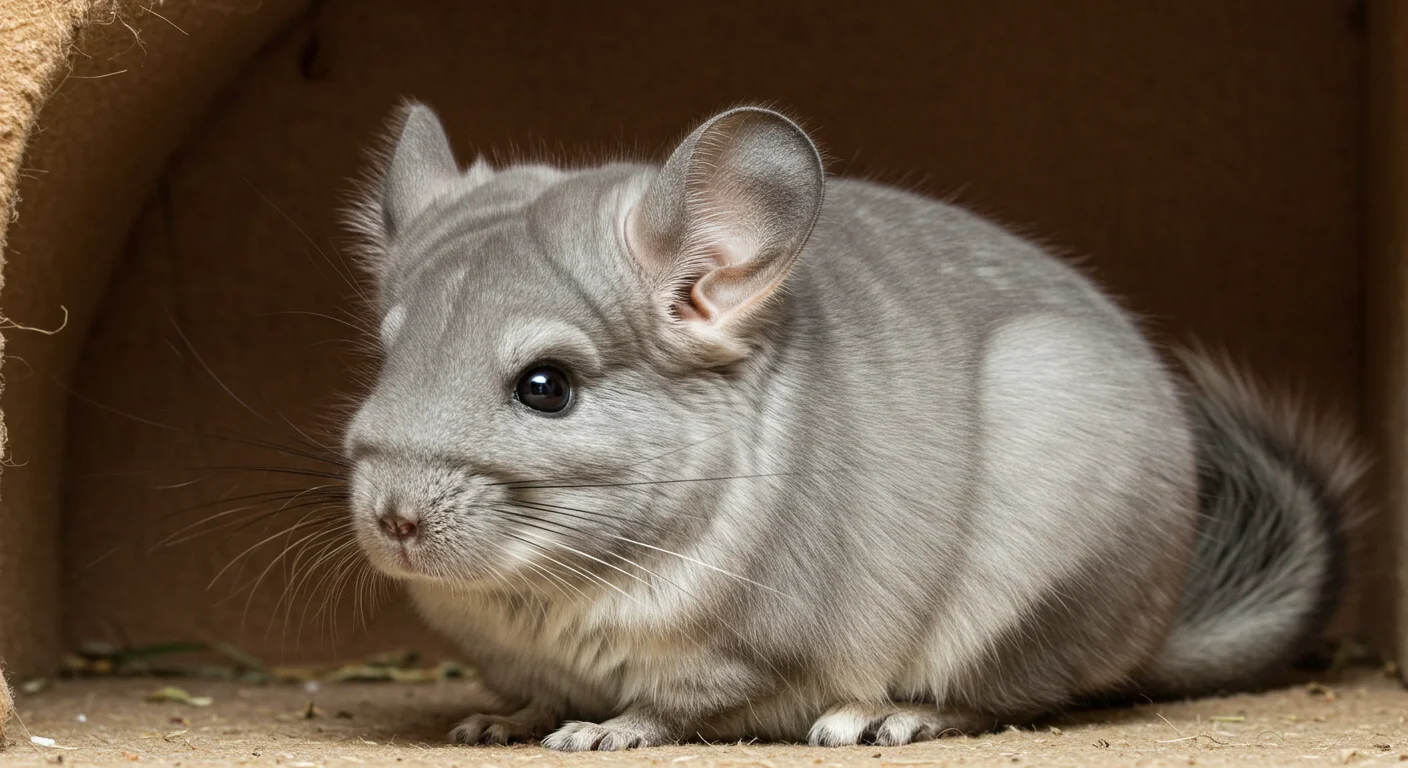
Probiotics
Probiotics contain beneficial gut bacteria. They are sometimes used during or after antibiotic treatment, or during periods of digestive upset, to help restore normal gut flora.
- Use Case: Can be beneficial in specific situations, particularly alongside antibiotics which can disrupt gut bacteria.
- Supplementation: Should *only* be used under the guidance of an exotic vet. The vet can recommend an appropriate product (like Bene-Bac Plus Pet Gel or similar) and dosage. Prophylactic (preventative) use in healthy chinchillas is not generally recommended. Discussing chinchilla digestive health support with your vet is crucial before using probiotics.
When Supplements Might Be Needed (Vet Guidance Only!)
There are specific situations where a vet might recommend temporary supplementation:
- Pregnancy/Nursing: Females may require additional calcium or higher-protein (alfalfa-based) pellets.
- Growing Kits: Young chinchillas have higher nutritional demands.
- Diagnosed Deficiencies: If blood work reveals a specific vitamin or mineral deficiency.
- Certain Health Conditions: Some illnesses might impact nutrient absorption or requirements (e.g., critical care recovery formulas).
- Poor Quality Diet History: A rescue chinchilla previously fed a very poor diet might temporarily need support while transitioning.
In all these cases, the type, dosage, and duration of supplementation must be determined by an experienced exotic veterinarian.
Dangers of Oversupplementation
Giving unnecessary supplements can cause serious harm:
- Calcium Imbalance: Bladder stones/sludge.
- Vitamin D Toxicity: Can lead to calcium deposits in soft tissues.
- Mineral Imbalances: Affecting absorption of other vital nutrients.
- Digestive Upset: From unnecessary additives or ingredients.
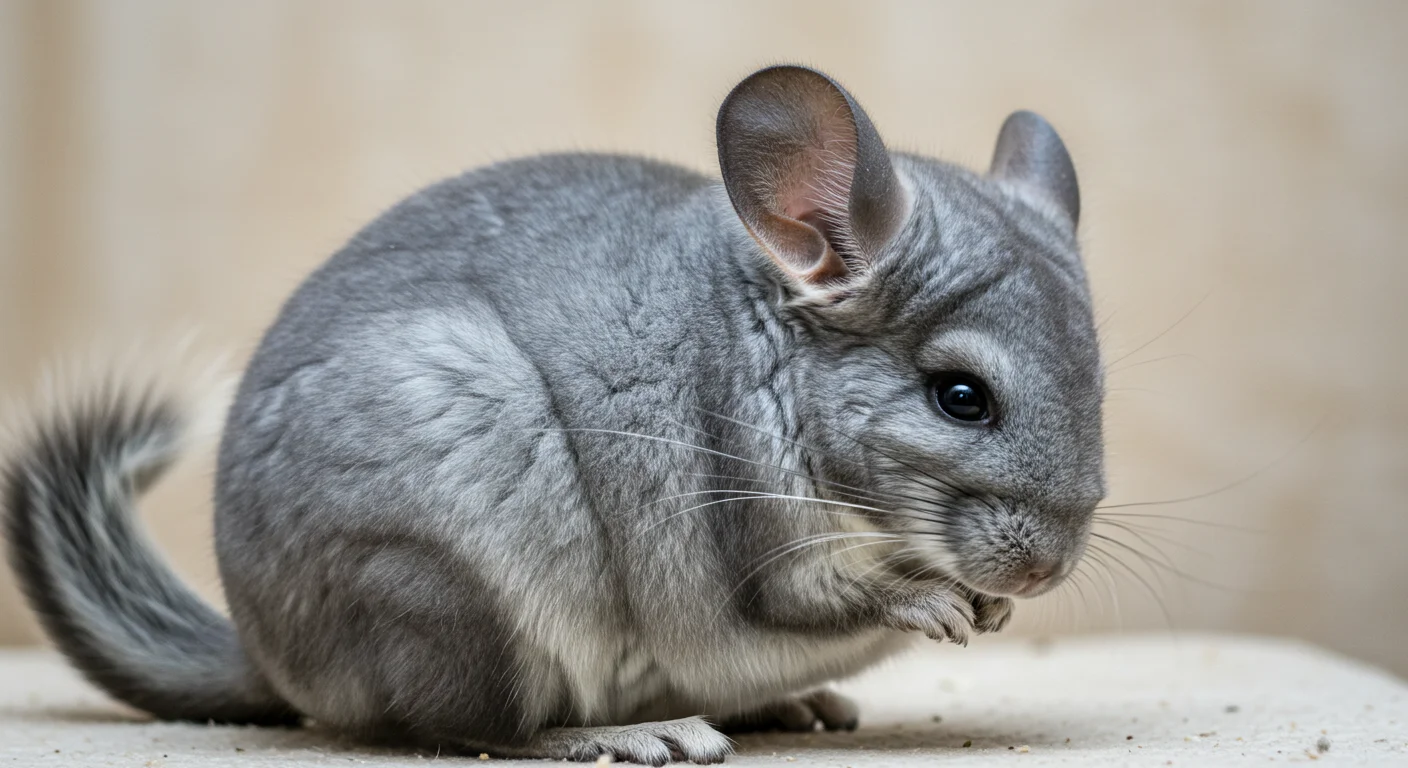
More is NOT better when it comes to vitamins and minerals. Balance is key, and a good quality pellet + hay diet provides that balance.
Focus on a Quality Diet First
Instead of reaching for supplements, focus on providing the best possible core diet:
- Choose a reputable brand of plain, high-fiber pellets.
- Offer fresh, high-quality grass hay daily.
- Ensure constant access to clean water.
- Limit treats strictly.
For nearly all healthy pet chinchillas, this foundation provides all the necessary nutrients. Resist the temptation to add unnecessary supplements, and always consult your exotic vet if you have concerns about your chinchilla’s nutritional status or specific health needs.
